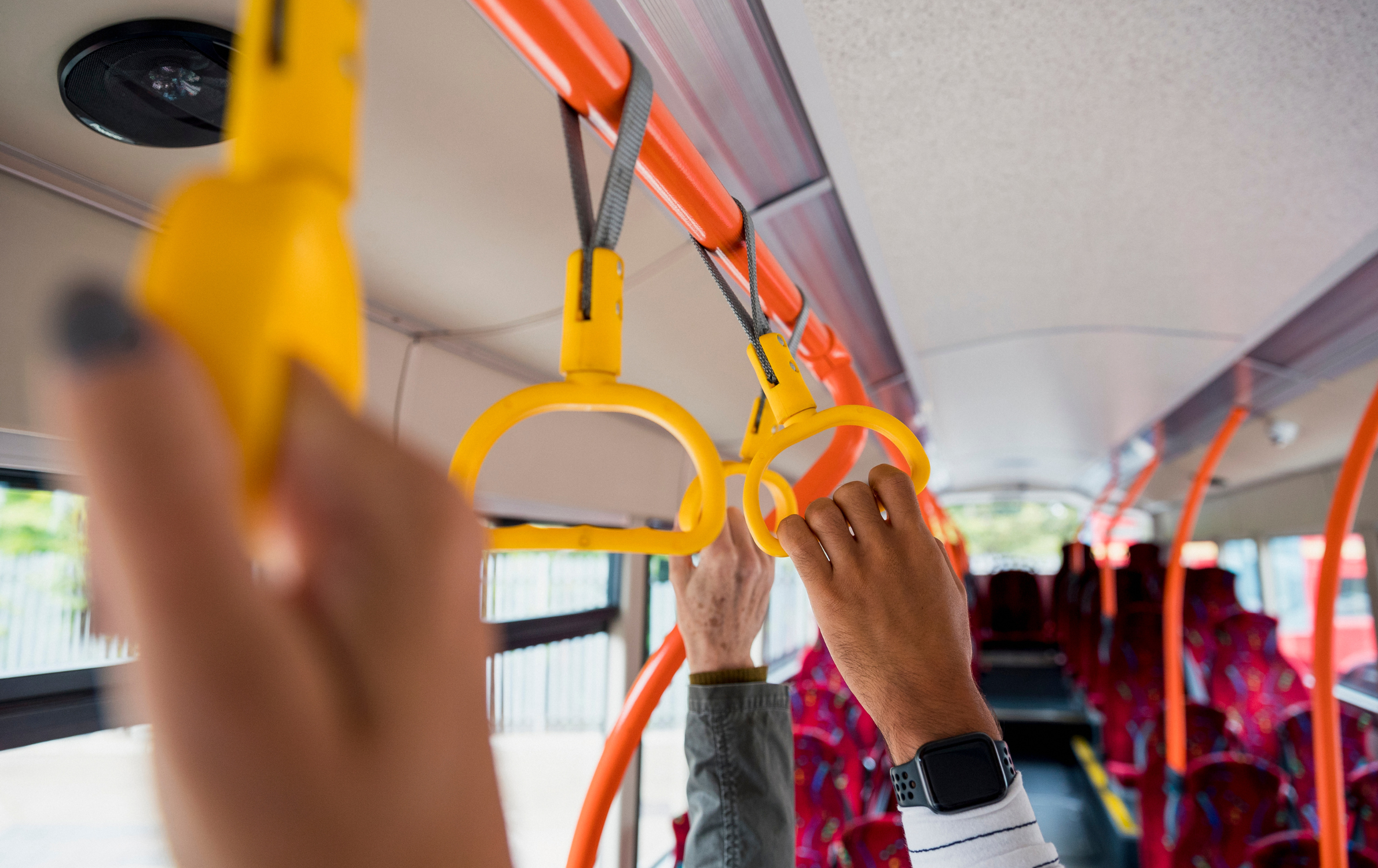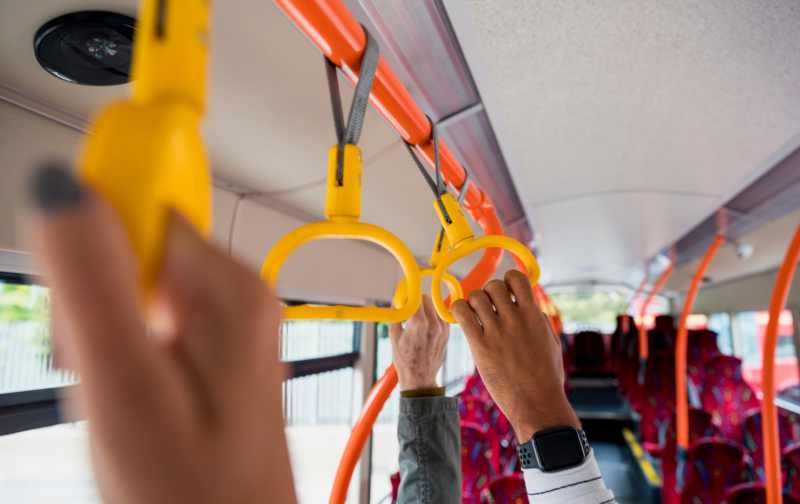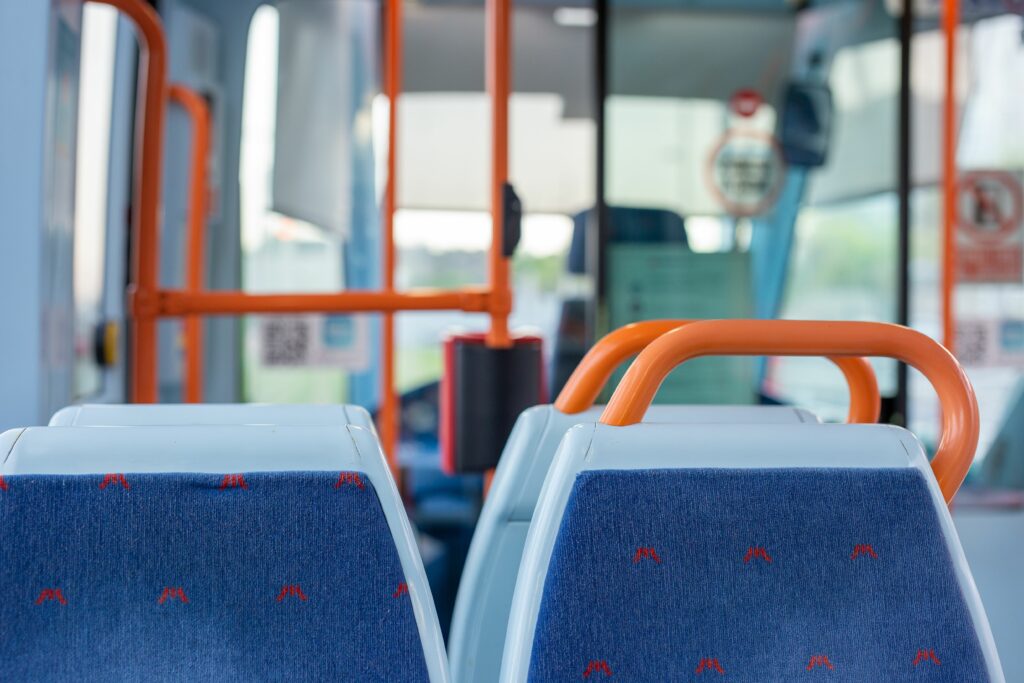A package of measures to empower local leaders to take control of their bus services has been unveiled this week (9 September 2024) by Transport Secretary Louise Haigh – the first stop on the journey to better buses.
Legislation, laid before Parliament this week, gives all local transport authorities across England new powers to run their own bus services – powers previously limited to mayoral combined authorities. The move means that local leaders across the country can deliver services in a way that suits the needs of their communities.
Greater Manchester has already pioneered a London-style franchise system, taking bus services back into public control. This model involves a central public body contracting services to private operators through competitive bidding, rather than on-the-road competition. This approach has generated excitement and is seen by some as a solution to the UK’s bus-related issues. Critics argue that the decline in bus services across the UK is due to privatisation and deregulation, contrasting it with the success of London’s franchised network, which benefits from integrated planning, fare structures, and coordination with other transport modes.
However, the decline in bus services predates these changes and is largely attributed to increased car use and government policies favouring road building. While London’s franchising model is successful, it may not be suitable for smaller towns, cities, or rural areas with less demand. These regions might need alternative franchising and bus regulation models.
Franchising or municipal models involve administrative costs and risks currently borne by private operators. Since the 1980s, UK buses (excluding Northern Ireland) have operated commercially, so a shift to franchising would require significant learning for operators, local authorities and consultants. The ideal of small and medium-sized private operators competing for routes is unrealistic in many areas, as seen in Greater Manchester, where large operators dominate due to economies of scale.

Some local politicians may prefer fully municipal bus services, but this is currently only legal in Scotland. With planned legislation changes, local authorities will need guidance on setting up operations and managing financial risks. Examples like Pembrokeshire County Council, which runs a rural in-house municipal service, show potential.
An intermediate solution for smaller cities and rural areas could be enhanced partnerships with private operators. Transport for Cornwall exemplifies this approach, working closely with private operators to create a locally branded, integrated service with coordinated fares, leveraging private sector expertise while avoiding the costs of a new public body. This has led to near pre-Covid usage levels.
Greater public intervention in bus services can improve networks, making them more responsive to economic growth, inequality, and carbon net-zero goals. Local authorities can better enforce standards for emissions, accessibility, and comfort through franchising or enhanced partnerships. However, gains from franchising depend on a wider integrated transport strategy, as seen in London, where bus use rose due to bus priority networks, integrated ticketing and traffic congestion.
Community engagement and local identity are also crucial. Brighton and Hove, served by private operators, has high bus usage due to a strong bus users’ group working with the council. Franchising can yield excellent results, but a one-size-fits-all approach is impractical. The future of UK buses will rely on varied, locally tailored approaches balancing public and private sector strengths. Flexibility, a key advantage of buses, will be essential in revitalising local communities.


 Australia
Australia  Brazil
Brazil  Canada
Canada  Chile
Chile  China
China  Columbia
Columbia  Denmark
Denmark  Egypt
Egypt  France
France  India
India  Indonesia
Indonesia  Italy
Italy  Malaysia
Malaysia  New Zealand
New Zealand  Norway
Norway  Panama
Panama  Peru
Peru  Poland
Poland  Portugal
Portugal  Saudi Arabia
Saudi Arabia  Singapore
Singapore  South Korea
South Korea  Spain
Spain  Sweden
Sweden  Taiwan
Taiwan  Thailand
Thailand  Türkiye
Türkiye  United Kingdom
United Kingdom  United States
United States  Vietnam
Vietnam 

